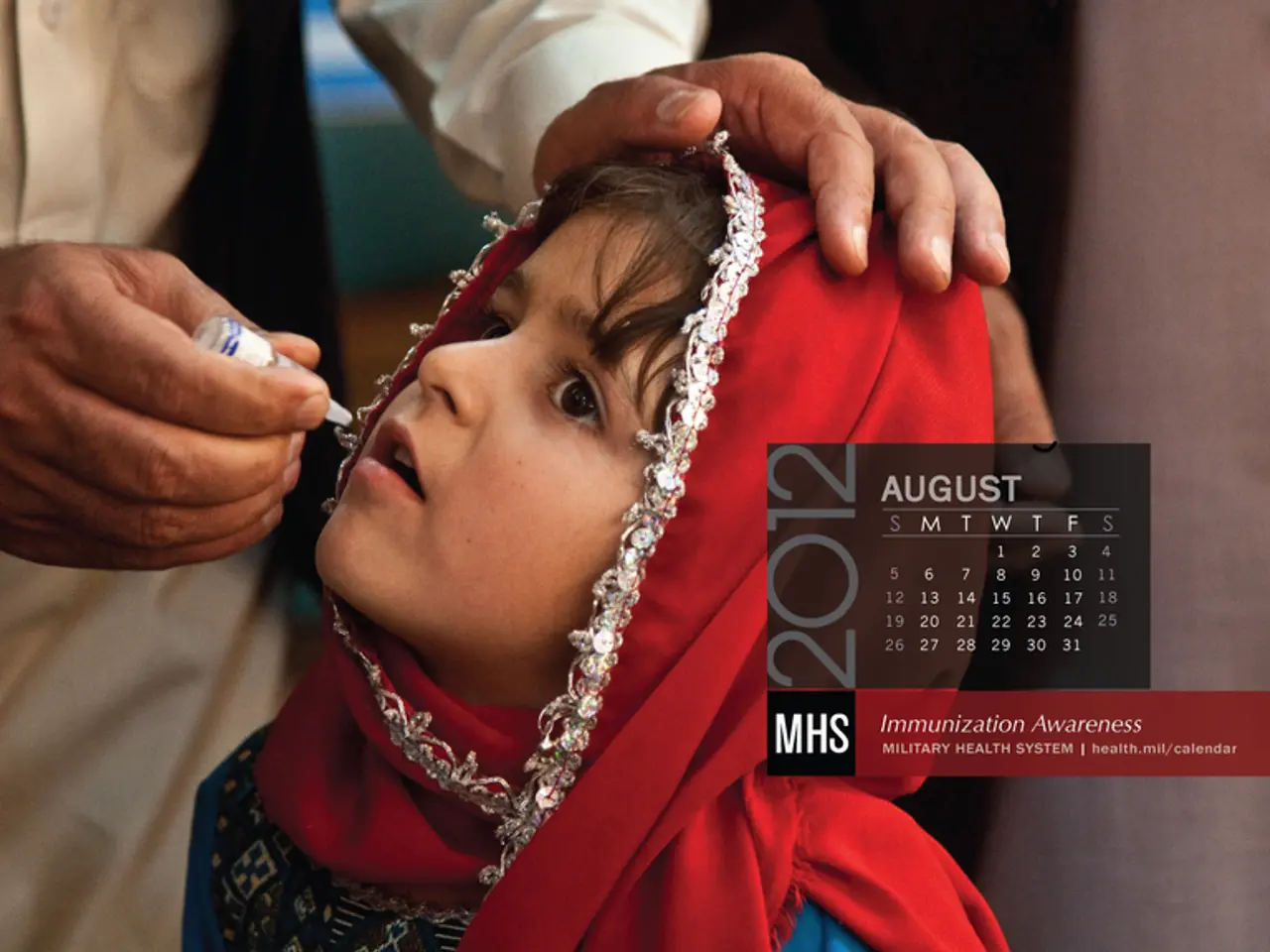Struggles of patients and families post-diagnosis: A probe into their hardships and battles
In Kenya, the establishment of regional cancer centres in counties such as Kisii, Mandera, and Mombasa is a promising step towards improving cancer care. However, these facilities often face challenges of underfunding and understaffing, making access to quality cancer treatment a significant hurdle for many Kenyans.
Cancer affects both genders, with colorectal and oesophageal cancers posing a significant threat. In many rural areas, cancer is still viewed as a curse or a death sentence, deterring people from seeking timely medical attention. This is evident in the stories of individuals like Adan Mohammed, currently battling oesophageal cancer, who had to travel from his village to Nairobi every fortnight for chemotherapy, with each trip costing over Sh8,000. Halima Yussuf, a 39-year-old woman from Mandera, was diagnosed with stage 3 breast cancer.
To combat these challenges, Kenya has adopted a multi-pronged approach for early detection and prevention of cancers. For breast and cervical cancer, the EMPOWER digital health platform has been nationally adopted as of July 2025. This platform supports the entire patient journey from awareness through screening, diagnosis, treatment, and survivorship, targeting geographic and financial barriers especially for women in rural areas. It is integrated with the National Cancer Registry to enable real-time coordination between accredited centers and data-driven policy making.
Kenya is also finalizing a detailed cervical cancer elimination action plan. Key strategies include scaling up HPV DNA testing, integrating self-sampling for HPV testing into primary health care systems, decentralizing screening services, strengthening referral networks, improving health worker training and retention, and increasing budget prioritization at county levels.
While prostate cancer strategies were not detailed explicitly, prostate cancer is generally addressed through early detection campaigns, health education, and integration into national cancer screening programs under the broader Kenya National Cancer Control Strategy.
For oesophageal and colorectal cancers, Olympus, in cooperation with Japan’s Ministry of Health and the Japan Institute for Health Security, has initiated training programs to increase technical capacity in endoscopy—a key tool for early detection and treatment of these cancers.
Additional efforts include public cancer awareness events, such as cancer screening runs organized by industry groups, to encourage voluntary screening and promote early detection awareness. The National Cancer Summit 2025 serves as a platform to unify stakeholders in promoting cancer prevention, research, policy, and innovation addressing all common cancers in the country.
These strategies build on Kenya’s cancer control policy frameworks, leveraging public-private partnerships, digital health innovation, community engagement, and international collaborations to enhance early detection and prevention across key cancers.
Despite these efforts, the National Cancer Institute of Kenya (NCI-K) reports that breast, cervical, prostate, oesophageal, and colorectal cancers account for more than half of the annual new cancer cases in Kenya. Cancer survivors are calling for mass awareness campaigns, subsidised treatment, and mobile screening clinics in every county. The government has introduced the National Cancer Control Strategy and rolled out Universal Health Coverage (UHC), but implementation remains uneven and public funding for cancer treatment is limited. Many county hospitals lack oncologists and diagnostic equipment.
Experts estimate that up to 40% of cancer cases in Kenya could be prevented through early screening and lifestyle changes. Private foundations are stepping in to fill gaps, offering counselling, financial aid, and awareness campaigns. However, some patients in rural areas turn to traditional healers instead of hospitals due to a lack of trust in modern medicine.
Cancer is no longer a disease of the wealthy or the elderly, it is a national emergency, affecting households across all social classes and age groups. Breast and cervical cancers disproportionately affect women, while prostate cancer exclusively affects men. Dr Hassan urges the need for cancer education at the grassroots level, emphasizing the importance of breast self-examinations, Pap smears, and prostate health.
The HPV vaccine, which can prevent most cervical cancer cases, is available in Kenya, but uptake remains low due to misinformation and religious resistance. Children often drop out of school to care for sick parents, families plunge into poverty due to treatment costs, marriages collapse under emotional and financial strain, and the burden is not only biological but also psychological, social, and economic.
Kenya has only a handful of radiotherapy machines nationwide, leading to months-long wait times for treatment. Cancer is a complex issue that requires a comprehensive approach, involving not just medical interventions but also education, awareness, and policy changes to ensure equitable access to quality cancer care for all Kenyans.
- To improve cancer care, Kenya has established regional cancer centres in counties like Kisii, Mandera, and Mombasa, but these facilities often face underfunding and understaffing challenges, making access to quality cancer treatment a significant hurdle for many Kenyans.
- While prostate cancer strategies were not detailed explicitly, prostate cancer is generally addressed through early detection campaigns, health education, and integration into national cancer screening programs under the broader Kenya National Cancer Control Strategy.
- For breast and cervical cancer, the EMPOWER digital health platform has been nationally adopted in Kenya as of July 2025, supporting the entire patient journey from awareness through screening, diagnosis, treatment, and survivorship, and targeting geographic and financial barriers especially for women in rural areas.
- The HPV vaccine, which can prevent most cervical cancer cases, is available in Kenya, but uptake remains low due to misinformation and religious resistance.
- The National Cancer Summit 2025 serves as a platform to unify stakeholders in promoting cancer prevention, research, policy, and innovation addressing all common cancers, including breast, cervical, prostate, oesophageal, and colorectal cancers.
- Cancer education at the grassroots level is essential, emphasizing the importance of breast self-examinations, Pap smears, and prostate health, as cancer is no longer a disease only affecting the wealthy or the elderly, but a national emergency affecting households across all social classes and age groups.




